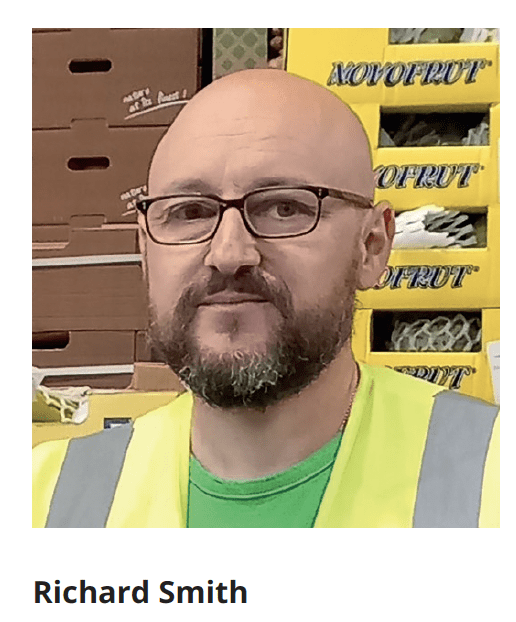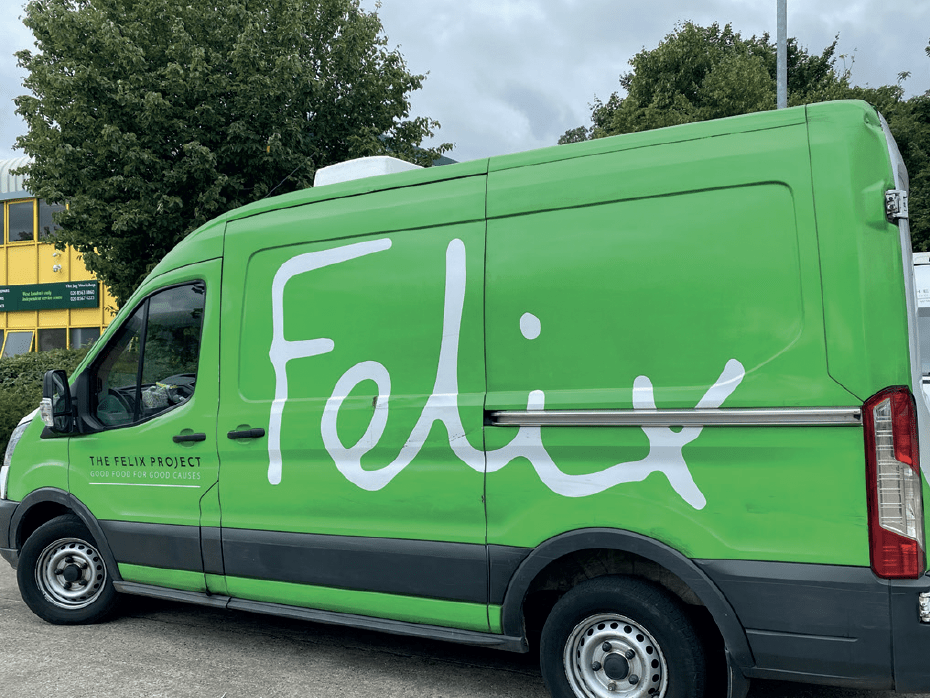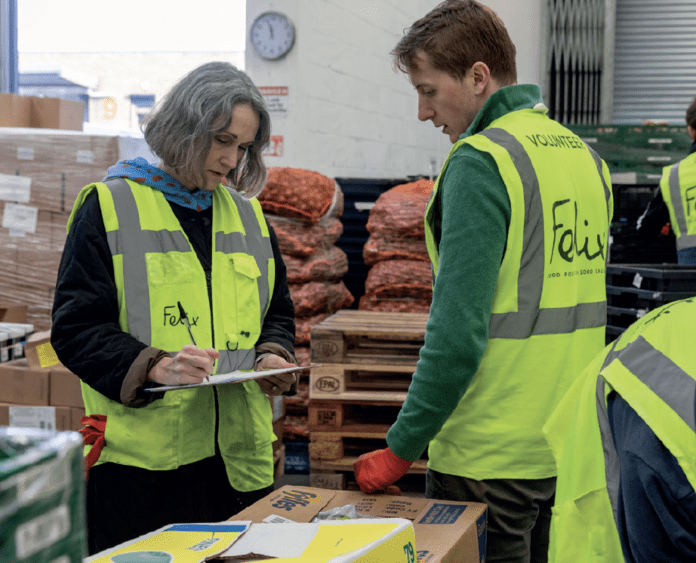Paul Hill speaks to the head of food supply at The Felix Project

How does The Felix Project work with wholesalers?
The Felix Project is London’s largest food redistribution charity. We rescue good food that would otherwise have gone to waste and give it to around 1,000 community organisations and primary schools across London who support people experiencing food insecurity.
Because of our infrastructure, we’re able to work with and rescue surplus food from all aspects of the food supply chain, including wholesale.
We have four depots, as well as more than 40 chilled vans. This allows us to move quickly, make collections and redistribute to the charities and schools that we serve, and ensure the food is fresh and still has as much life left as possible.
We also have a kitchen that makes up to 5,000 meals a day. They can use more ingredients and rescue food with a much shorter shelf life that would not have time to make it out to our community organisations.
Tell us about your latest partnerships with wholesalers?
Our biggest recent success has been a partnership with Western International Market and Hounslow Borough Council in west London. In only three-and-a-half months we have rescued 79 tonnes of food, the equivalent of 189,500 meals. It’s been a truly collaborative partnership, the market has allowed us access to a parking space for our van and an office above the market. We have been introduced to the individual traders, meaning we can form better relationships and ultimately rescue even more produce.

What do wholesalers need to do if they want to get involved?
Give us a call or email us on supply@thefelixproject.org – we’ll tailor a logistics solution that makes it easy for any organisation to donate to us.
We can collect surplus food in vehicles that are 3.5 tonnes, with up to a 40ft unit and trailer.
Have you noticed a change in sustainable thinking across the supply chain over the past two-to-three years? If so, why do you think that is?
I think the increased knowledge of the levels of food poverty in communities alongside the now-well-known fact that lots of edible food is being wasted has resulted in more food organisations being incredibly keen to ensure all of their surplus food is rescued and redistributed to those that need it most.
What changes does the wholesale industry need to make to its operations to reduce food waste? Does it differ between convenience and foodservice wholesalers?
I think it’s important the food industry as a whole has a keen eye on sales, waste and availability. It is inevitable that food waste and surplus will happen, especially at scale, but what is vital is that everyone has a robust way of redistributing this and ensuring it does not end in the bin – especially given the effort that’s been put into growing or producing it and the environmental impact throwing food away has.
I would like to see a clear way of monitoring levels across all areas, convenience or otherwise, and a commitment that edible food is used and given to places like The Felix Project over and above becoming food waste. l








